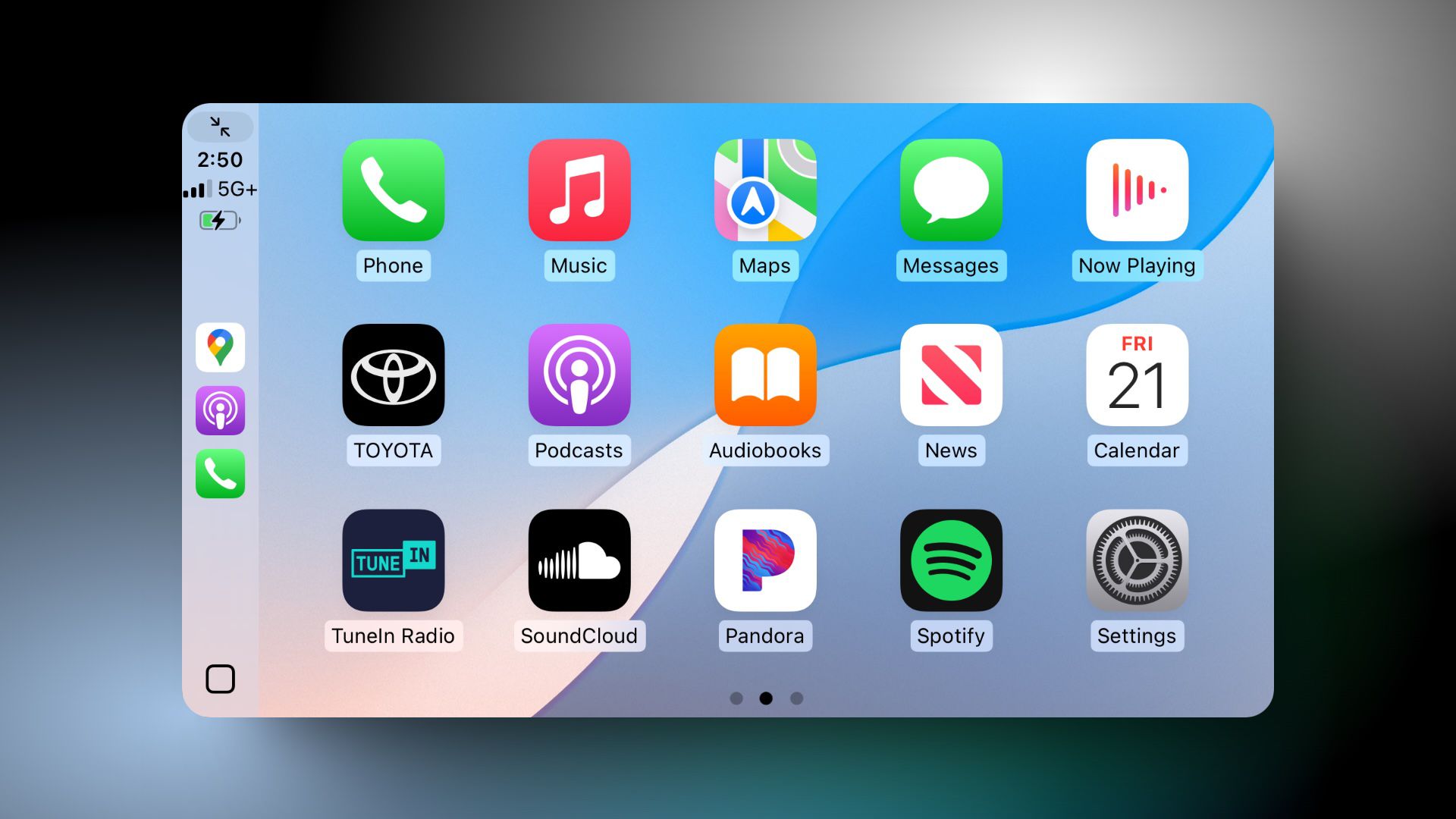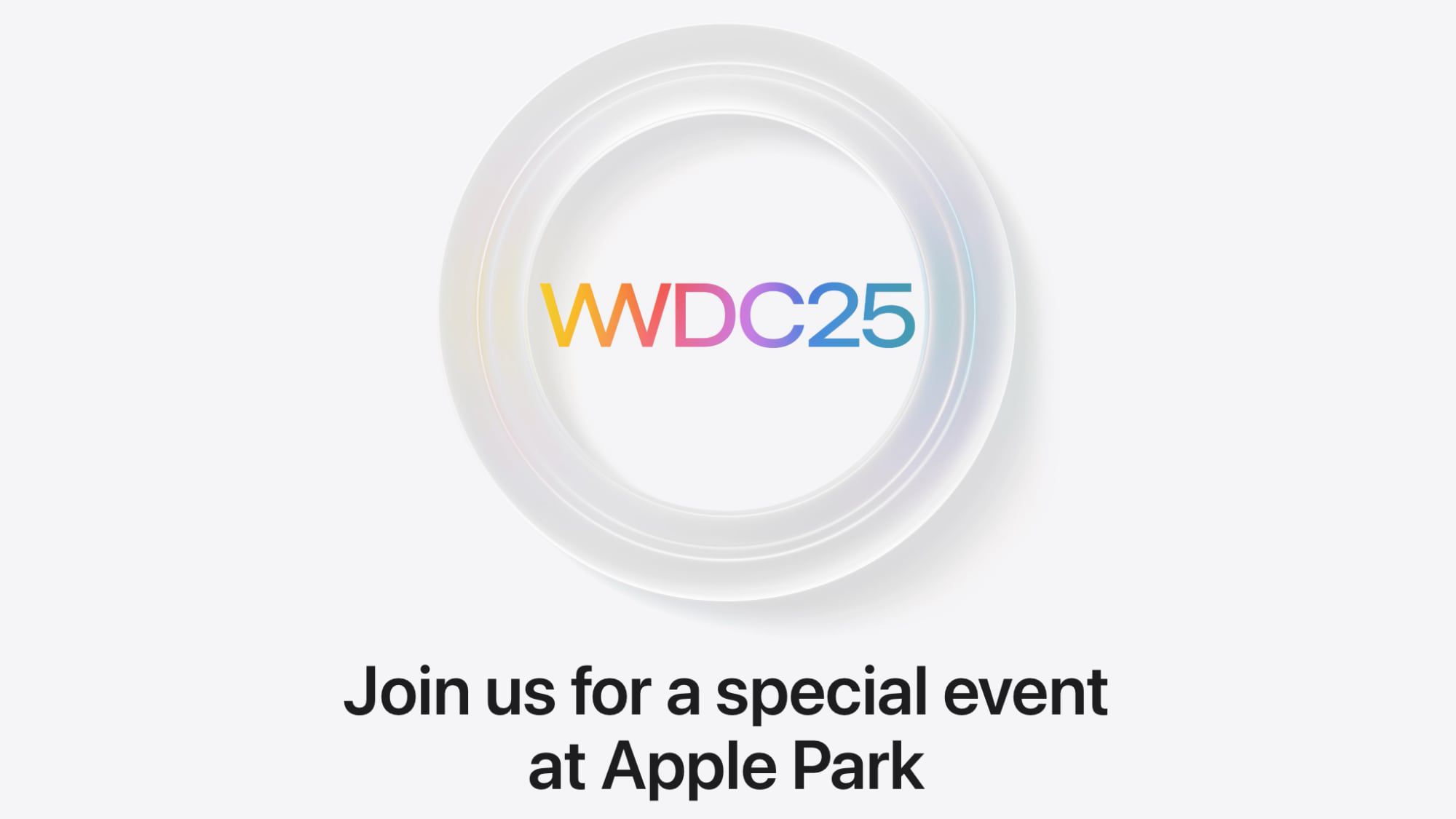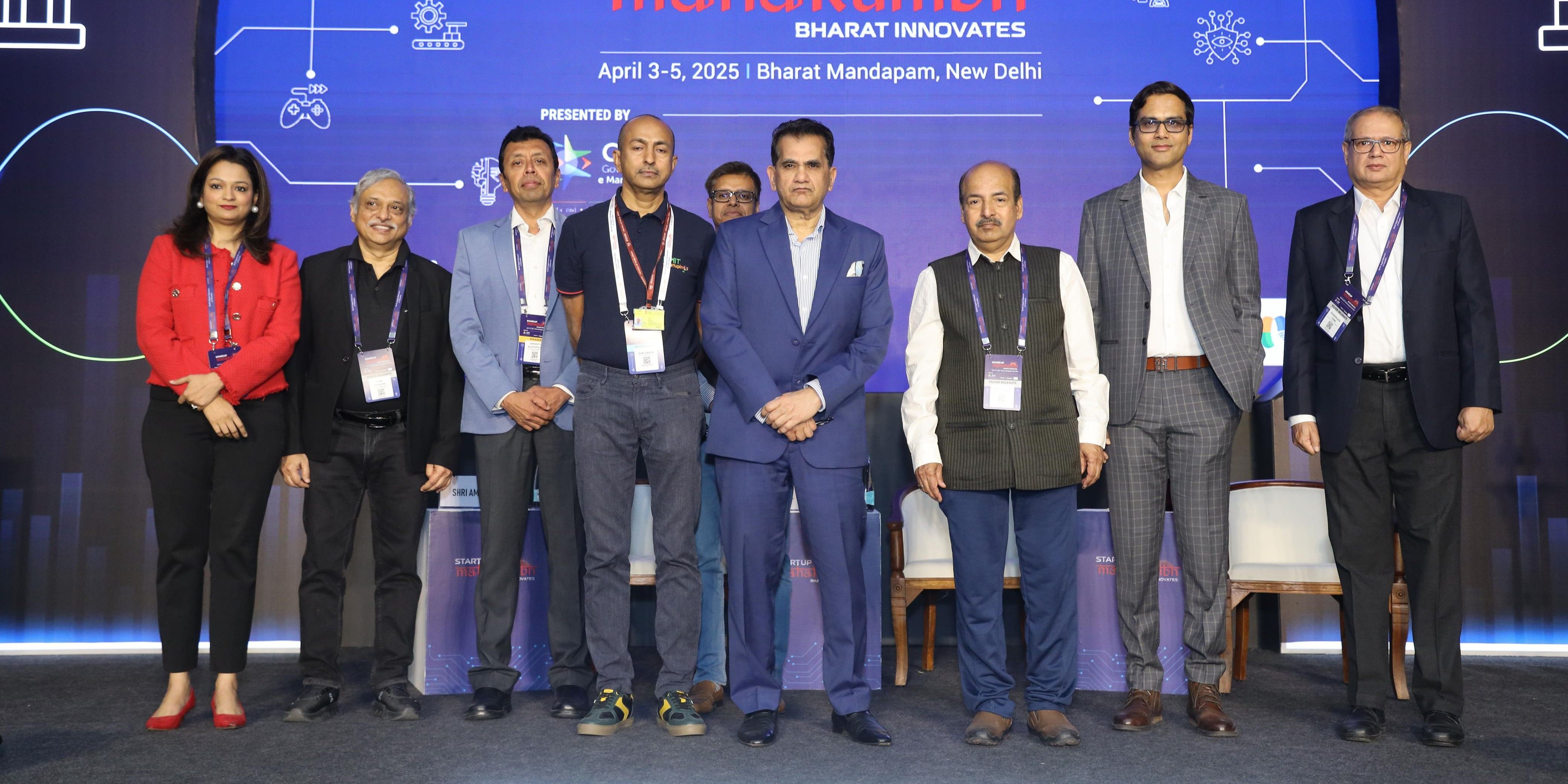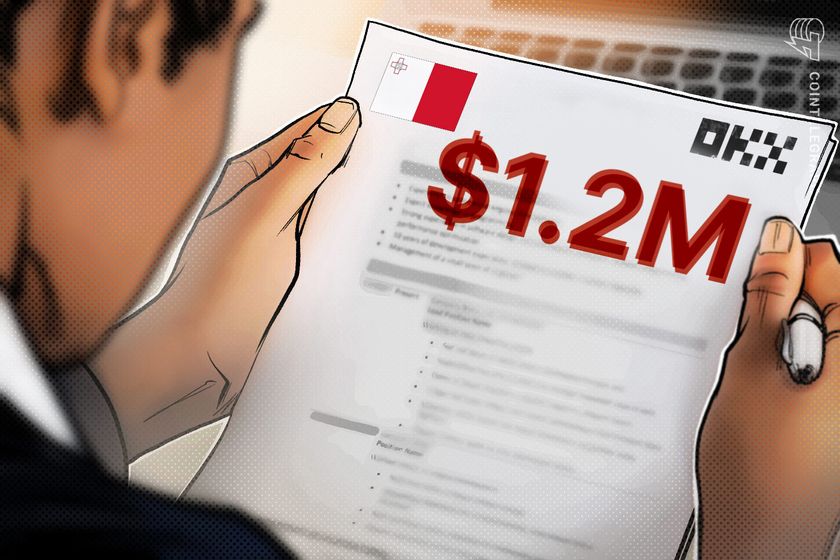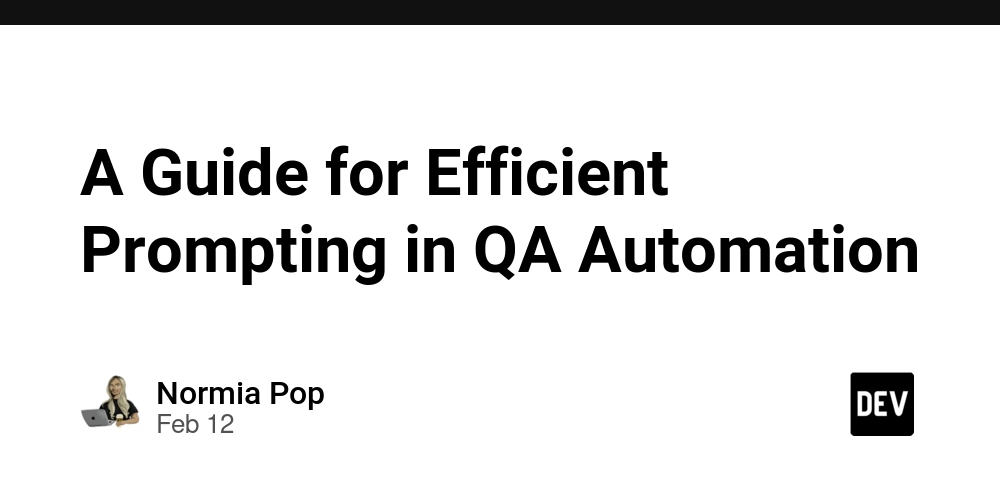Your app is too slow? What should you do?
In our day-to-day lives as Software Engineers, the question in the title might sound familiar. As we strive to deliver numerous features/products within tight deadlines, we sometimes leave things unoptimized, which impacts our app's loading time. So, what should we do to address this situation? Identify the slowest API We can use monitoring tools to help us identify the most frequently accessed APIs. Some monitoring tools can even trace which queries contribute the most to our response time. With this data, we can analyze what's causing our app to be slow and prioritize the issues we need to solve first. We should check the APIs with the slowest average response time and then trace any queries that might be called repeatedly or have long response times. Optimize queries Try to optimize query response time by restructuring the query logic or checking index effectiveness. We can analyze this by running EXPLAIN ANALYZE to see a detailed breakdown of how the database processes our query. From the EXPLAIN ANALYZE output, we can redefine our query structure, such as filter arrangement, join logic, index usage, etc. If using PostgreSQL, comparing sequence scans and index scans can be done using pg_stat_user_tables and pg_stat_user_indexes. Further information about query optimization will be covered in another post! Optimize business logic Try to identify any logic that potentially causes performance issues. Common culprits include the N+1 problem, redundant query calls, fetching unused data, calling external APIs within loops, inefficient caching strategies, and synchronous large processes. Further explanation of these common issues will also be covered in another post! Check client-side logic Sometimes, we don't need to fetch all the data at once before the screen initializes. Try to determine which data is needed before the screen initializes and which data can be fetched asynchronously after the user can interact with the main content. Also, there are client-side optimizations that can be performed, but I can't delve too deeply into this topic because I'm not an expert in client-side code. I believe there are many more things we can do to optimize our app that aren't mentioned in this article. But hopefully, it will be useful to some of us. Thanks for reading!
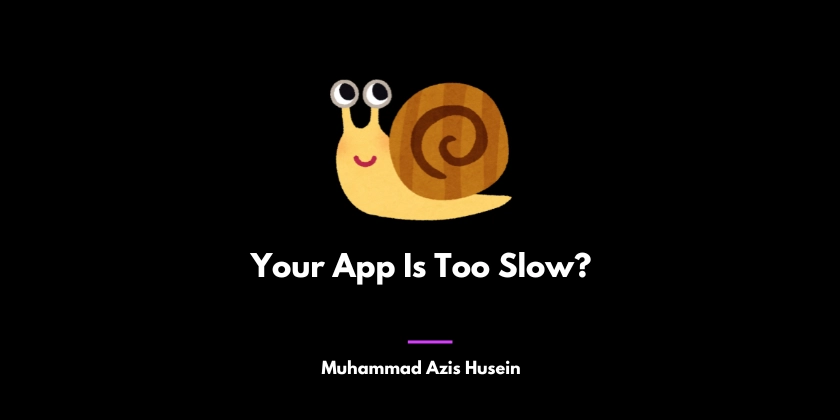
In our day-to-day lives as Software Engineers, the question in the title might sound familiar. As we strive to deliver numerous features/products within tight deadlines, we sometimes leave things unoptimized, which impacts our app's loading time. So, what should we do to address this situation?
Identify the slowest API
We can use monitoring tools to help us identify the most frequently accessed APIs. Some monitoring tools can even trace which queries contribute the most to our response time. With this data, we can analyze what's causing our app to be slow and prioritize the issues we need to solve first. We should check the APIs with the slowest average response time and then trace any queries that might be called repeatedly or have long response times.
Optimize queries
Try to optimize query response time by restructuring the query logic or checking index effectiveness. We can analyze this by running EXPLAIN ANALYZE to see a detailed breakdown of how the database processes our query. From the EXPLAIN ANALYZE output, we can redefine our query structure, such as filter arrangement, join logic, index usage, etc. If using PostgreSQL, comparing sequence scans and index scans can be done using pg_stat_user_tables and pg_stat_user_indexes. Further information about query optimization will be covered in another post!
Optimize business logic
Try to identify any logic that potentially causes performance issues. Common culprits include the N+1 problem, redundant query calls, fetching unused data, calling external APIs within loops, inefficient caching strategies, and synchronous large processes. Further explanation of these common issues will also be covered in another post!
Check client-side logic
Sometimes, we don't need to fetch all the data at once before the screen initializes. Try to determine which data is needed before the screen initializes and which data can be fetched asynchronously after the user can interact with the main content. Also, there are client-side optimizations that can be performed, but I can't delve too deeply into this topic because I'm not an expert in client-side code.
I believe there are many more things we can do to optimize our app that aren't mentioned in this article. But hopefully, it will be useful to some of us. Thanks for reading!











































































































































































![[The AI Show Episode 142]: ChatGPT’s New Image Generator, Studio Ghibli Craze and Backlash, Gemini 2.5, OpenAI Academy, 4o Updates, Vibe Marketing & xAI Acquires X](https://www.marketingaiinstitute.com/hubfs/ep%20142%20cover.png)














































































































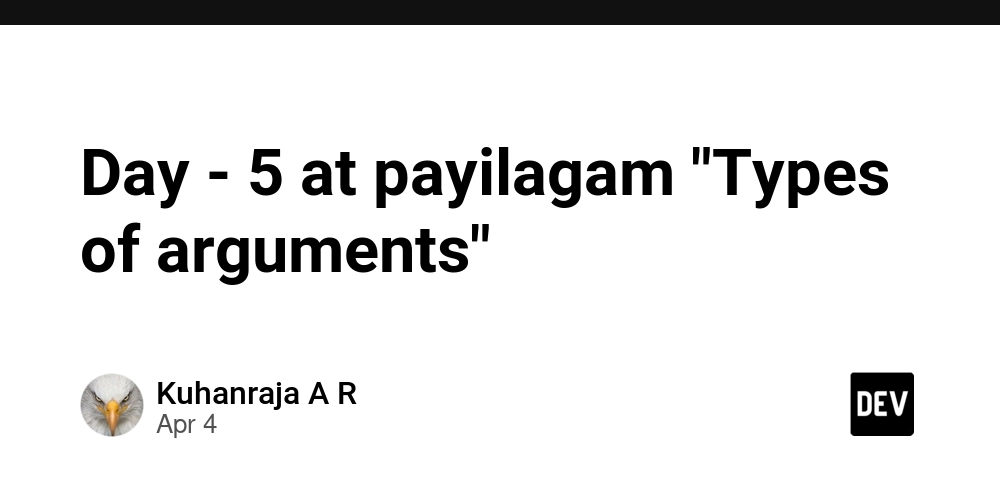
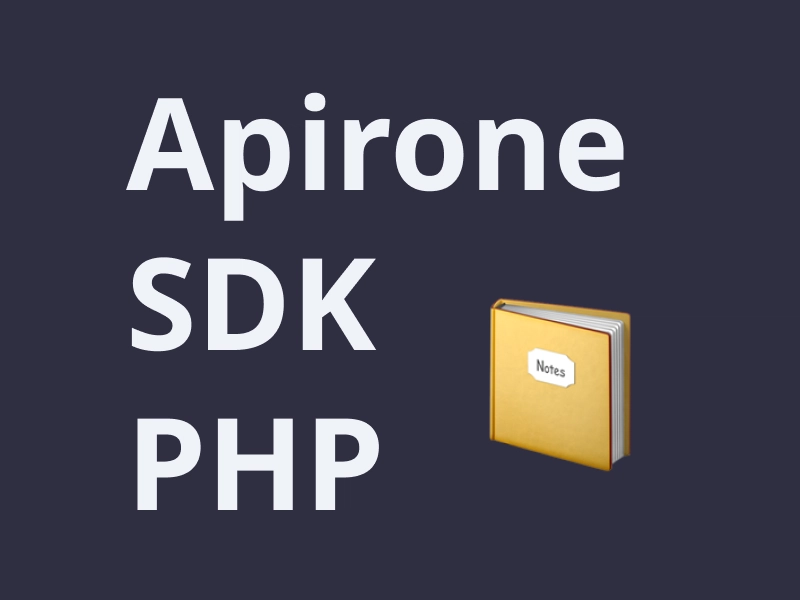
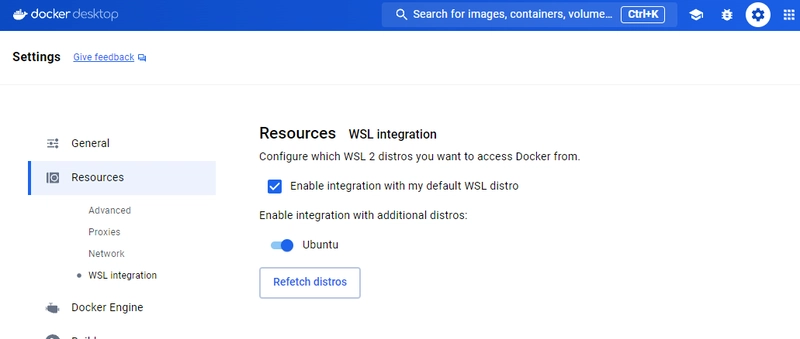















































































































































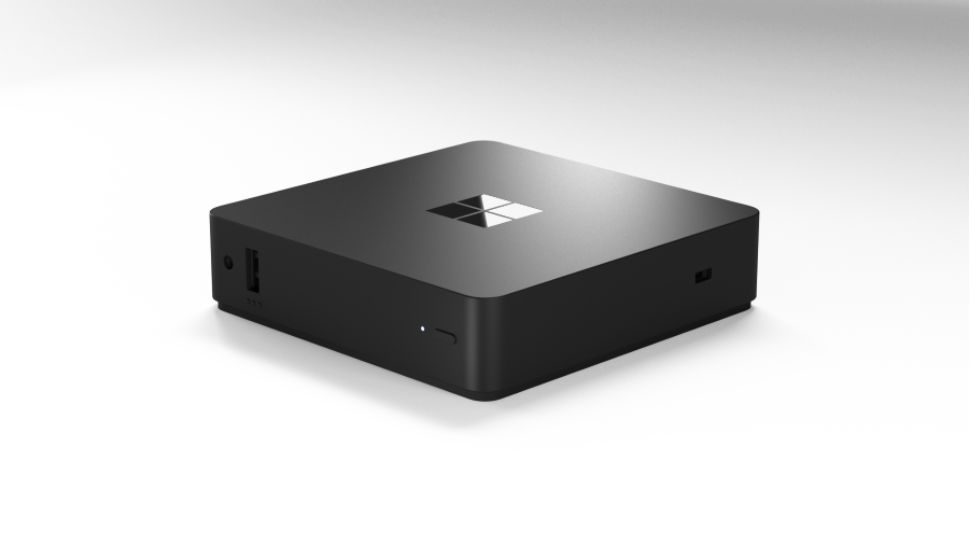






































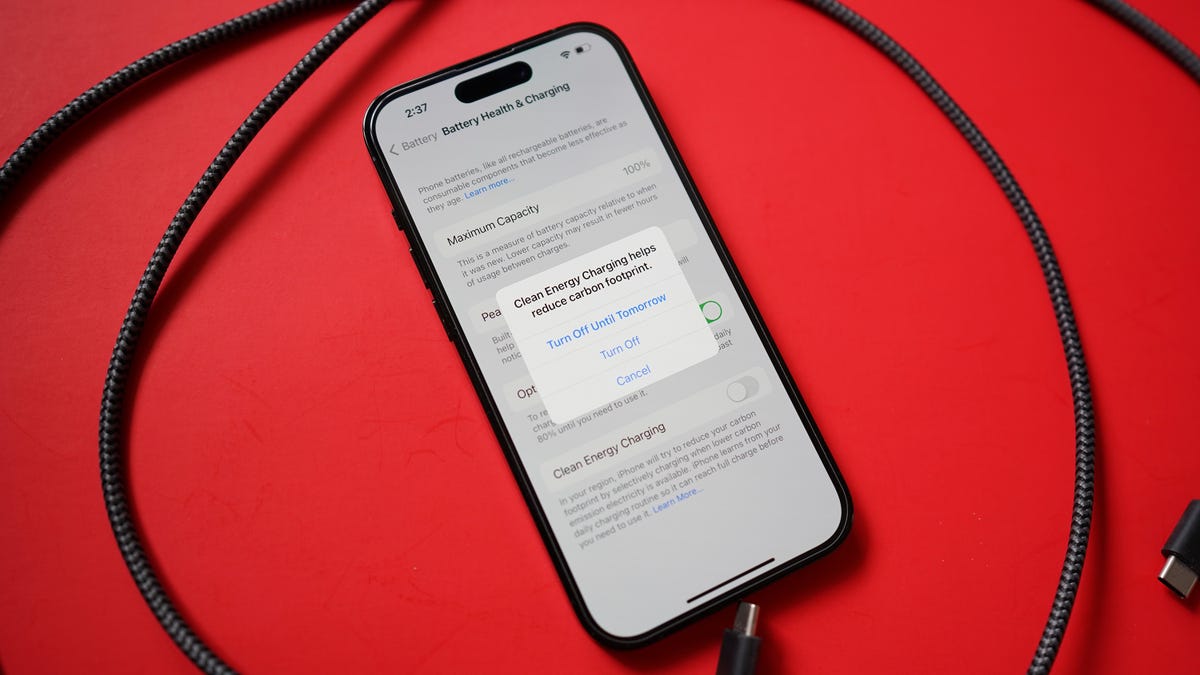













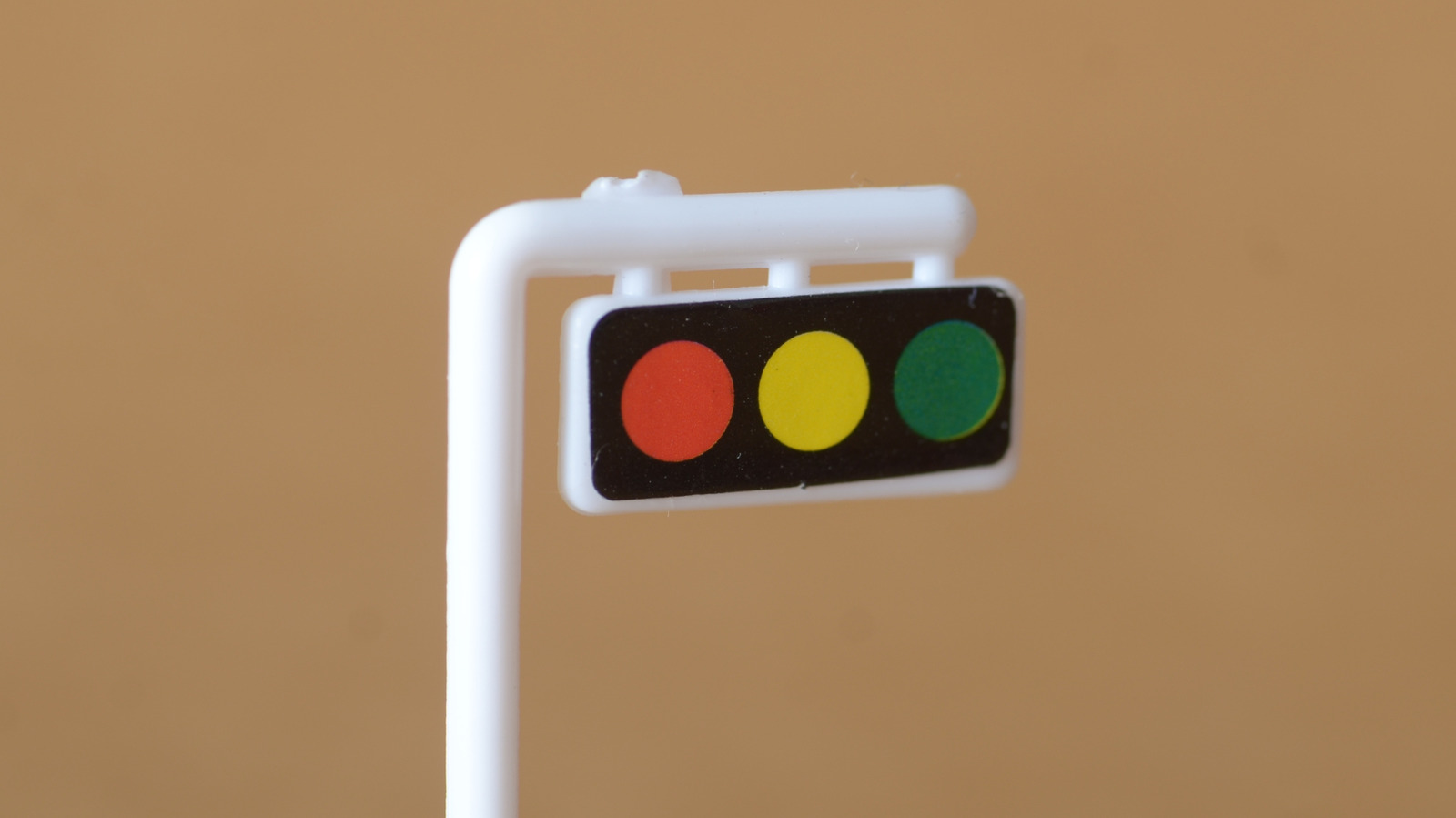








































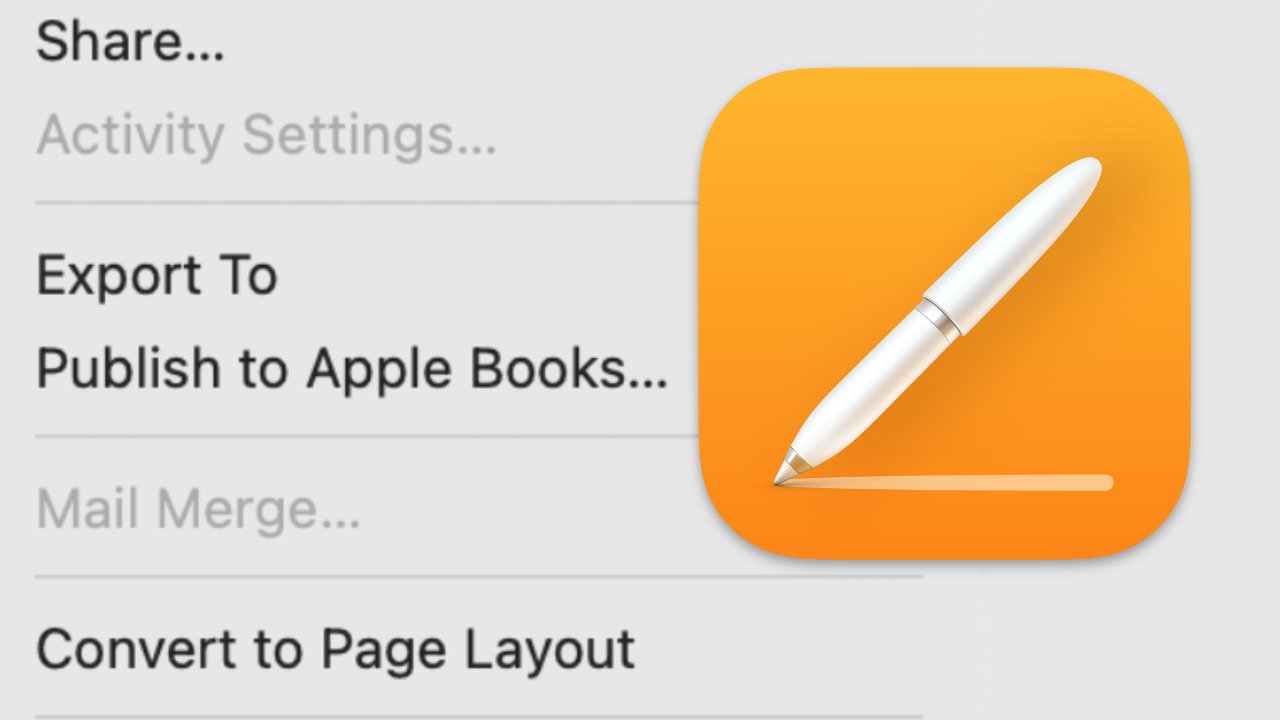
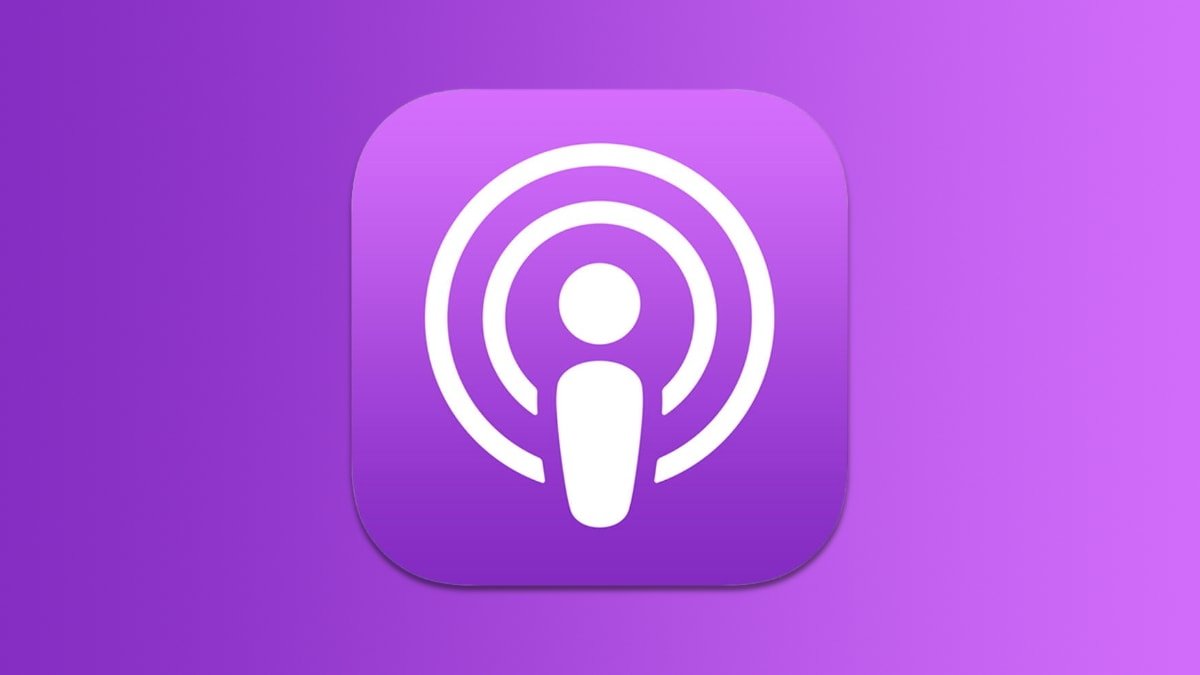
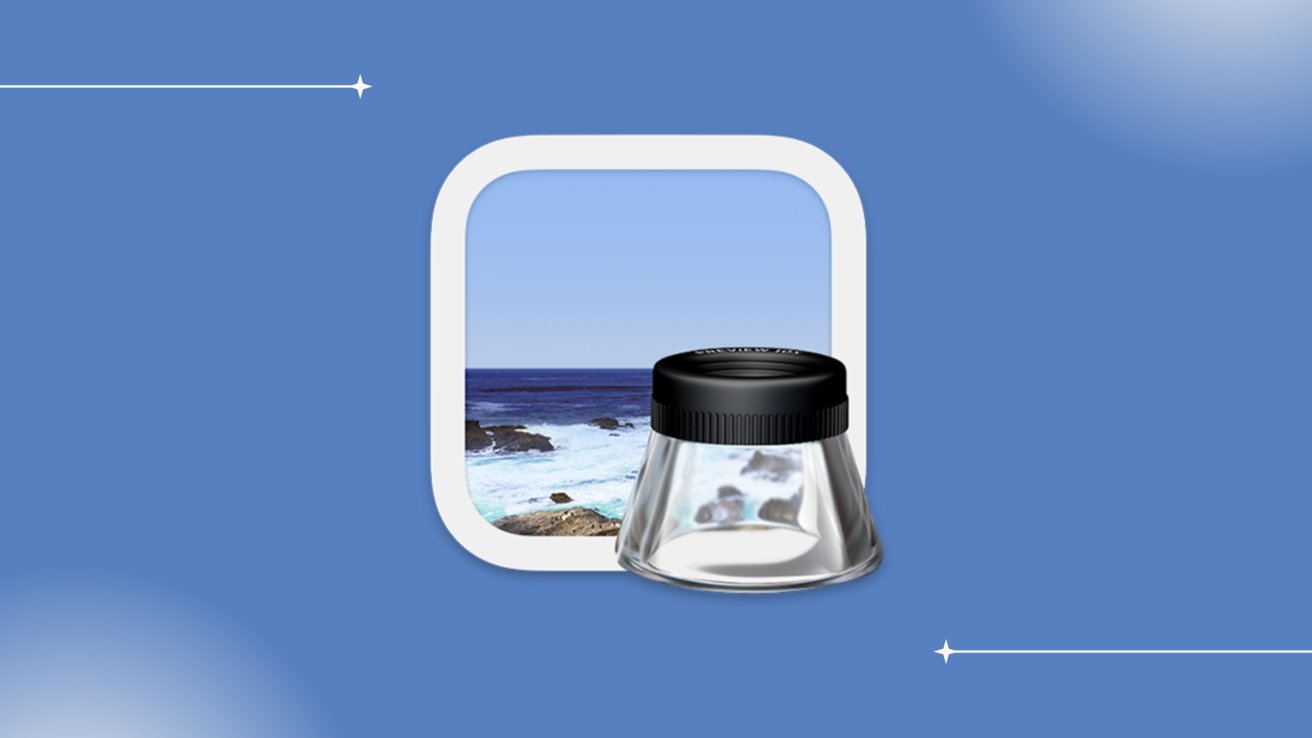





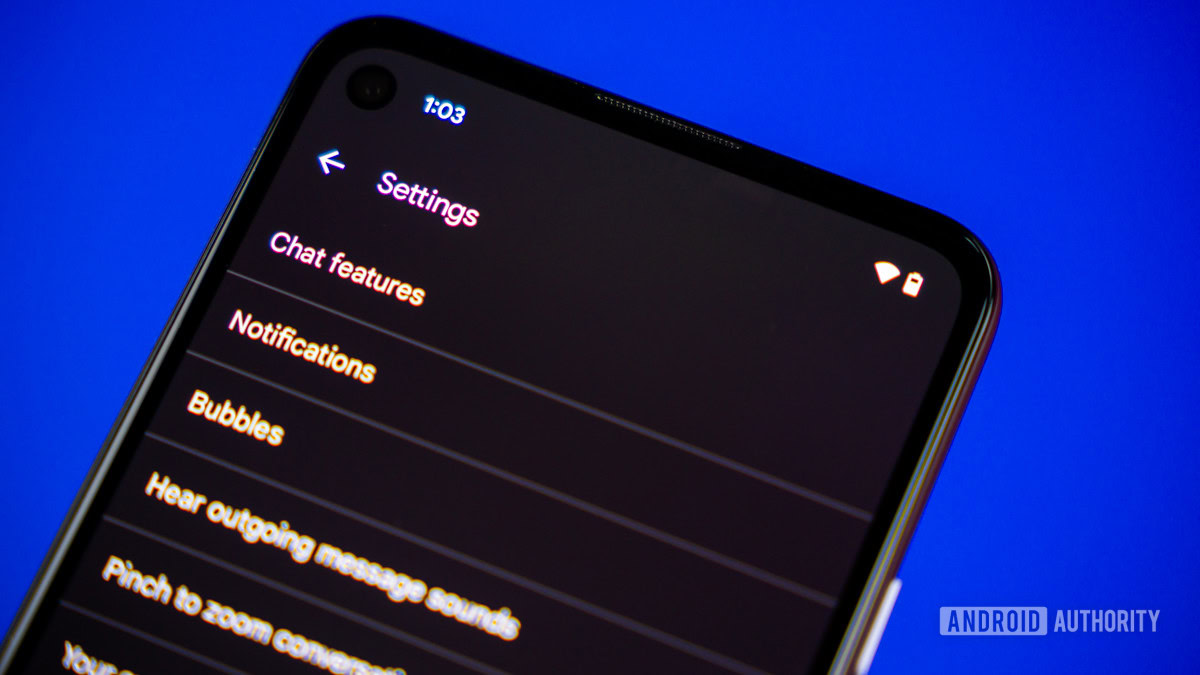
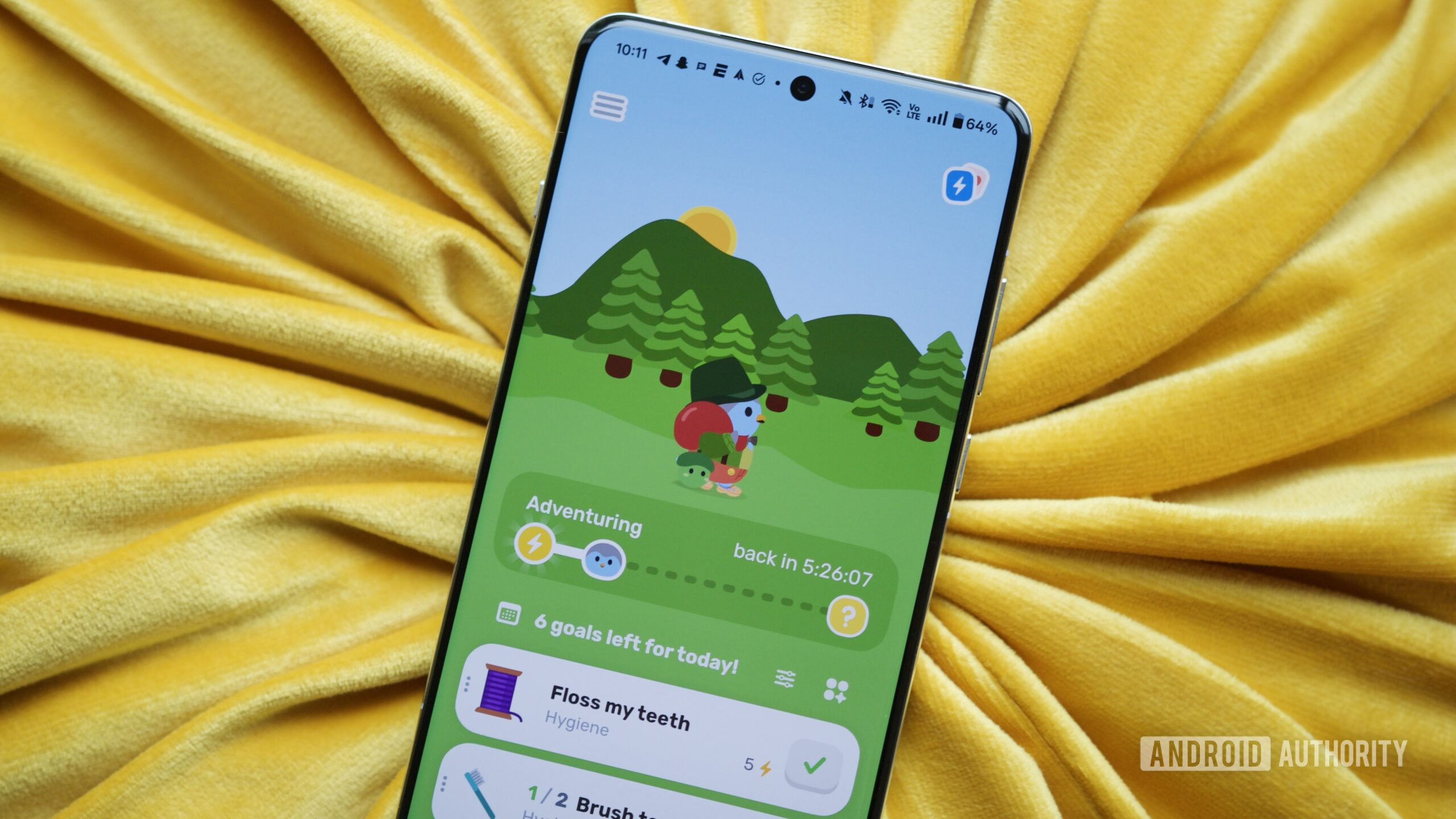
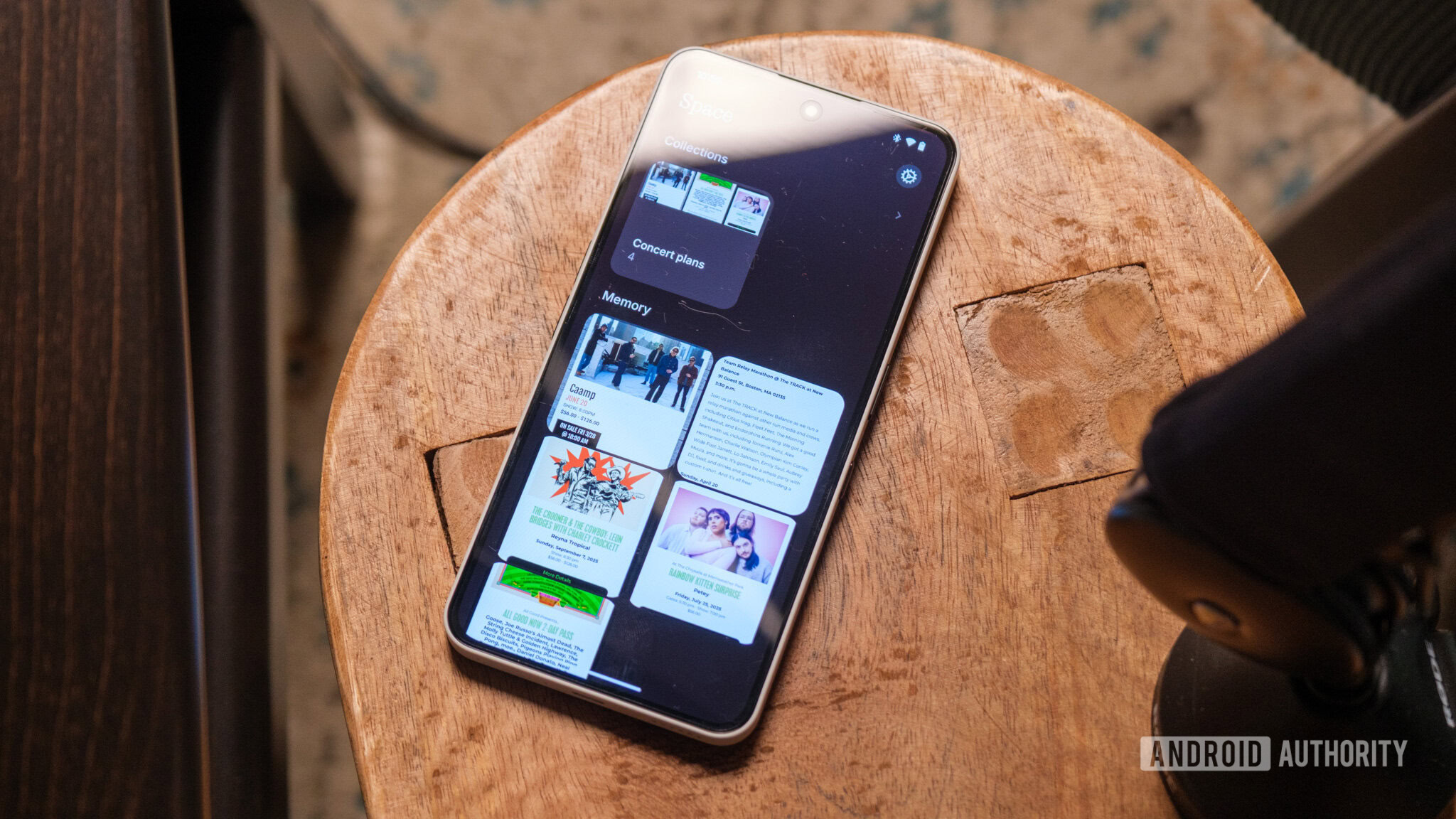





















![YouTube Announces New Creation Tools for Shorts [Video]](https://www.iclarified.com/images/news/96923/96923/96923-640.jpg)

![Apple Faces New Tariffs but Has Options to Soften the Blow [Kuo]](https://www.iclarified.com/images/news/96921/96921/96921-640.jpg)






































